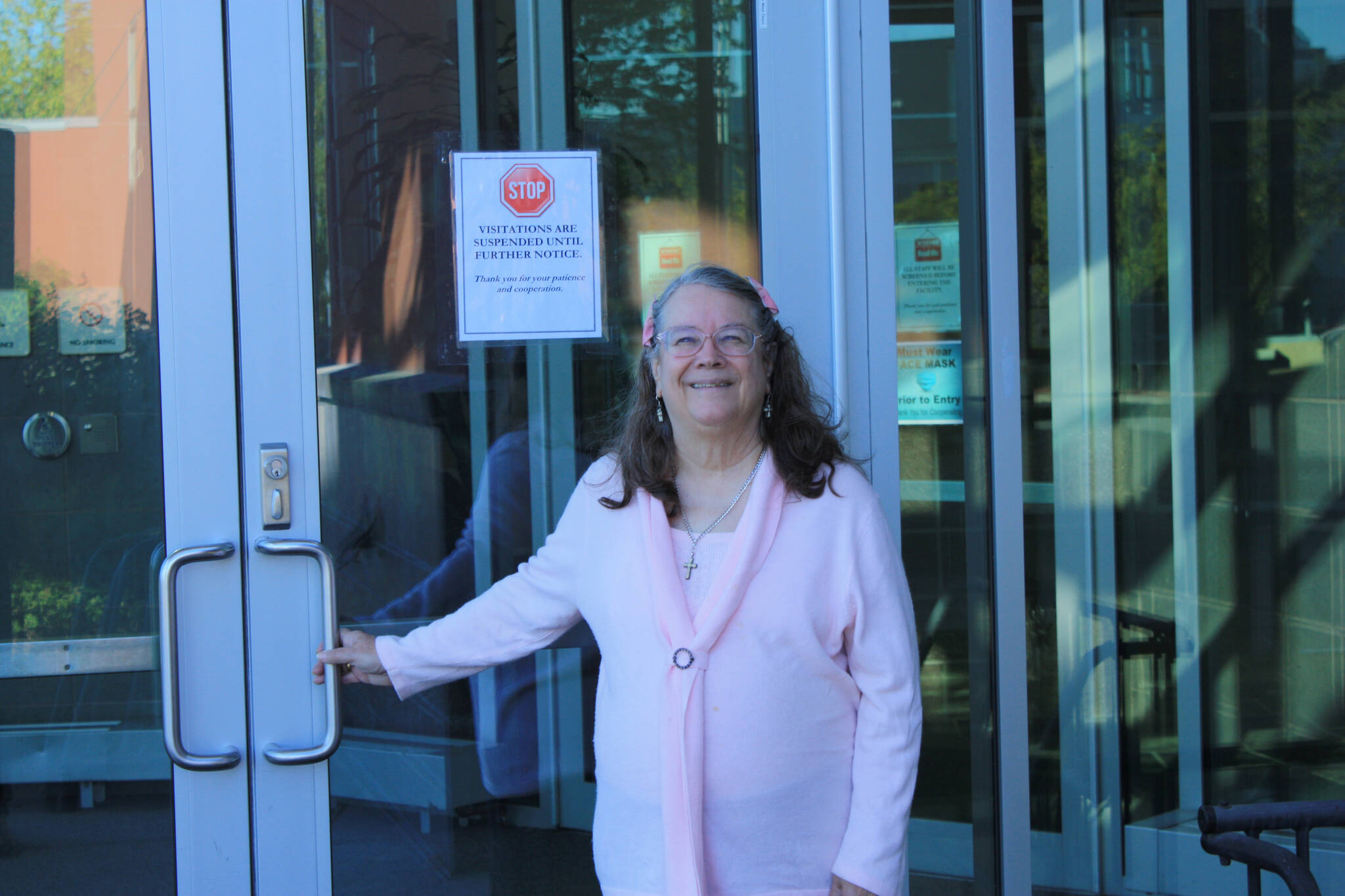May is Mental Health Awareness month. It is a good time for the providers of psychiatric patient care to evaluate the services they provide. The states with the best record for caring for acute care psychiatric patients all have something in common: “a short time to make adjustments in treatment mistakes” and “they actually talk to the psychiatric patients.”
State agencies in Alaska have more raw data readily available describing the migratory habits of the wolf packs of the Denali National Park than they do about the care and treatment of acute care psychiatric patients. Each year thousands of people rotate in and out of psychiatric facilities or units for a forced evaluation or treatment. It is past the time for the state to have a conversation with the people they say they are trying to help.
Three important and necessary questions are almost never asked of a psychiatric patient by the state. “Did the grievance and appeal process work?” “Did you experience any injuries during treatment or transportation?” “Did you experience any traumatic events during treatment?” Pretty basic and necessary questions that state agencies, for the most part, do not ask psychiatric patients.
The Alaska Psychiatric Institute says most of its patients in 2021 completed a patient satisfaction survey before being freed. What questions are on that survey? Is the survey administered in a way that patients, who after all have been locked up and often have drugs forced into them against their will, do not fear retribution? What are the patients reporting? We don’t know.
The Recovery Support Specialist (patient advocate) at API released the results of a patients’ survey in 2008: “Twenty-one percent of the patients are afraid to file a complaint or a grievance and nineteen percent did not answer the question.” A reasonable person would say that up to 40% of the patients at API in 2008 did not feel free to discuss their complaints and injuries. It is my impression that many patients at API are afraid to talk to staff members, making it more important that there are independent patient surveys.
The Alaska Psychiatric Institute in 2021 had an operating budget of $39,813,800. The number of patients — 862. The cost per patient per day-about $3,000. The number of patient grievances — 235. Over 25% of patients are so unsatisfied they file grievances. We have no idea what they are about. Often, API just ignores them on the grounds the person is mentally ill. There are about a dozen other acute care psychiatric facilities or units around the state. Psychiatric patients could offer valuable insight into how to improve their treatment and protection, but nobody is paying attention.
There are legitimate concerns by patient advocates that psychiatric patients during the grievance process are not given a voice. The CEO of the hospital writes the grievance process along with a certification organization. There is no state requirement for an appeal process other than the court system. And the so-called patient advocates work for the hospitals. In the last 30 years, there has never been an independent survey of patients to find out if the grievance and appeal process is protecting patients.
To my knowledge, no denied grievance has ever been appealed to the Superior Court. One reason is, if the person loses, the state is certain to obtain an attorney fee award against the person, most likely resulting in the loss of the person’s Permanent Fund dividend. I didn’t file an appeal of a grievance denial for this very reason.
When psychiatric patients with complaints are not questioned or interviewed by an independent surveyor, psychiatric facilities or units are able to keep secrets. In 2017, there were 50 patient-on-patient assaults at the Alaska Psychiatric Institute. There was no public airing of how that many patients ended up getting assaulted. Currently, with no on-going independent oversight, legitimate psychiatric patient complaints can be discounted by hospital staff.
Many, if not most psychiatric patients report the experience of being handcuffed, transported and hospitalized was a worse experience than whatever brought them into the hospital in the first place. If the state truly wants to help people diagnosed with serious mental illness and hospitalized, it should be asking questions of patients, accepting the answers, facilitating a legitimate independent grievance process, and implementing changes to reduce patient injuries and trauma and improve patient outcomes.
• Faith J. Myers is the author of the book, “Going Crazy in Alaska: A History of Alaska’s Treatment of Psychiatric Patients.” Columns, My Turns and Letters to the Editor represent the view of the author, not the view of the Juneau Empire. Have something to say? Here’s how to submit a My Turn or letter.

